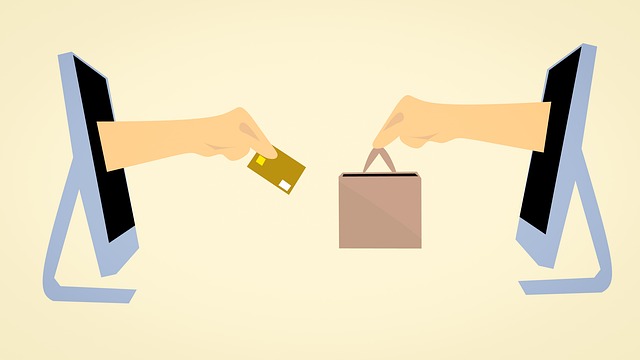The internet is always supposed to be free and open. When you access the internet, you expect that you can open and use any website that you want to visit without any problem in-between. You want to visit Google? That’s fine. You can do it. You want to visit YouTube? That’s also fine. This is called the net neutrality. Net neutrality means that the ISP doesn’t have any rights to control the internet traffic that the users want to use. They cannot slow down the internet speed when the users want to visit certain websites, and they cannot block access to any website. This has been the rule of the internet in the US ever since the internet was invented.
But, what will happen if the US government decides to end the net neutrality? It means a new regulation for the ISP in the US. It means that ISP has the rights to control the internet traffic that they provide to the users, allowing the service providers to visit certain websites, or block certain websites. They can throttle their internet speed as they see fit. Now, what will the new ISP regulation mean for the user’s privacy? Here are the things that will happen to your online privacy when the new ISP regulation is applied:
1. How You Access The Internet Is Fully Controlled By The ISP
When the net neutrality law is disbanded, it means that the government no longer care about the ISP controlling the internet traffic. The government will give each ISP the freedom to control their own internet traffic as they see fit. It means that you can no longer access the internet freely since it is fully controlled by the ISP. The ISP will be in control of your connection speed, and they can provide a different connection speed for different websites. So, don’t be surprised if you no longer be able to stream your favorite HD movies because the internet service provider is slowing down the connection to your favorite websites.
2. ISP May Charge More Fees To Provide Normal Connection Speed To Certain Websites
Because the internet service provider can easily throttle your internet speed for certain websites, they might give you an offer to visit certain websites for additional fees. For instance, the internet service provider might no longer provide a normal connection speed for your favorite movie-streaming sites, or they might only offer you with the SD-quality stream for those sites if you only pay for the regular connection. But, they might give you an offer that allows you to stream in full HD for additional prices. In other words, paying for the regular monthly connection will no longer be enough for you. You need to pay more in order to enjoy your favorite websites in full speed.
3. You Cannot Access All Websites The Same Way As Before
Your ISP might block some websites that you can access before. If they deem that a website is not good for them, they might not let their users to access such website. Thus, internet censorship will be applied, and there will be no more internet freedom for you. Also, they might lock certain websites, so that you need to enter the unlock code for those websites if you want to access it. And to obtain the unlock code, you have to pay the ISP more money. In the end, it’s just business as usual for the ISP. But, it is in a way that might give lots of disadvantages to the customers.
4. You Are Completely Monitored By The ISP
Since your ISP might provide different internet connection speed for different websites, as well as charge you with additional fees for certain websites, it is imperative that the internet service provider will need to monitor your browsing activity all the time. This is because they need to know which websites that you visit so that they can apply their new pricing plan for their customers. Your ISP will also record your browsing habits, and they will also need to do other types of surveillance in order to ensure that they can apply their new policy to the users.
5. The ISP Can Sell Your Browsing Data To The Third Party

Lastly, your browsing data will become a new commodity for the internet service provider to make more money off their services. The ISP is now allowed to sell the user’s data, including their browsing data or their browsing habit to the third parties, which means that you will become the new commodity for the internet service provider to monetize their services even more. The data might be sold to the advertisers or to the other third parties that are interested to learn more about you so that they can use the data for their own benefits.
Those are the things that will happen to your online privacy when the new ISP regulation is applied. In short, the end users or customers are the ones who will be at the disadvantage. There is less and less privacy room for your online activity, and the ISP will spy on all of your browsing habits. The internet will no longer be neutral, free, and open as before. However, there might be more and more people who will resort to using VPN to regain their internet freedom when it happens.
